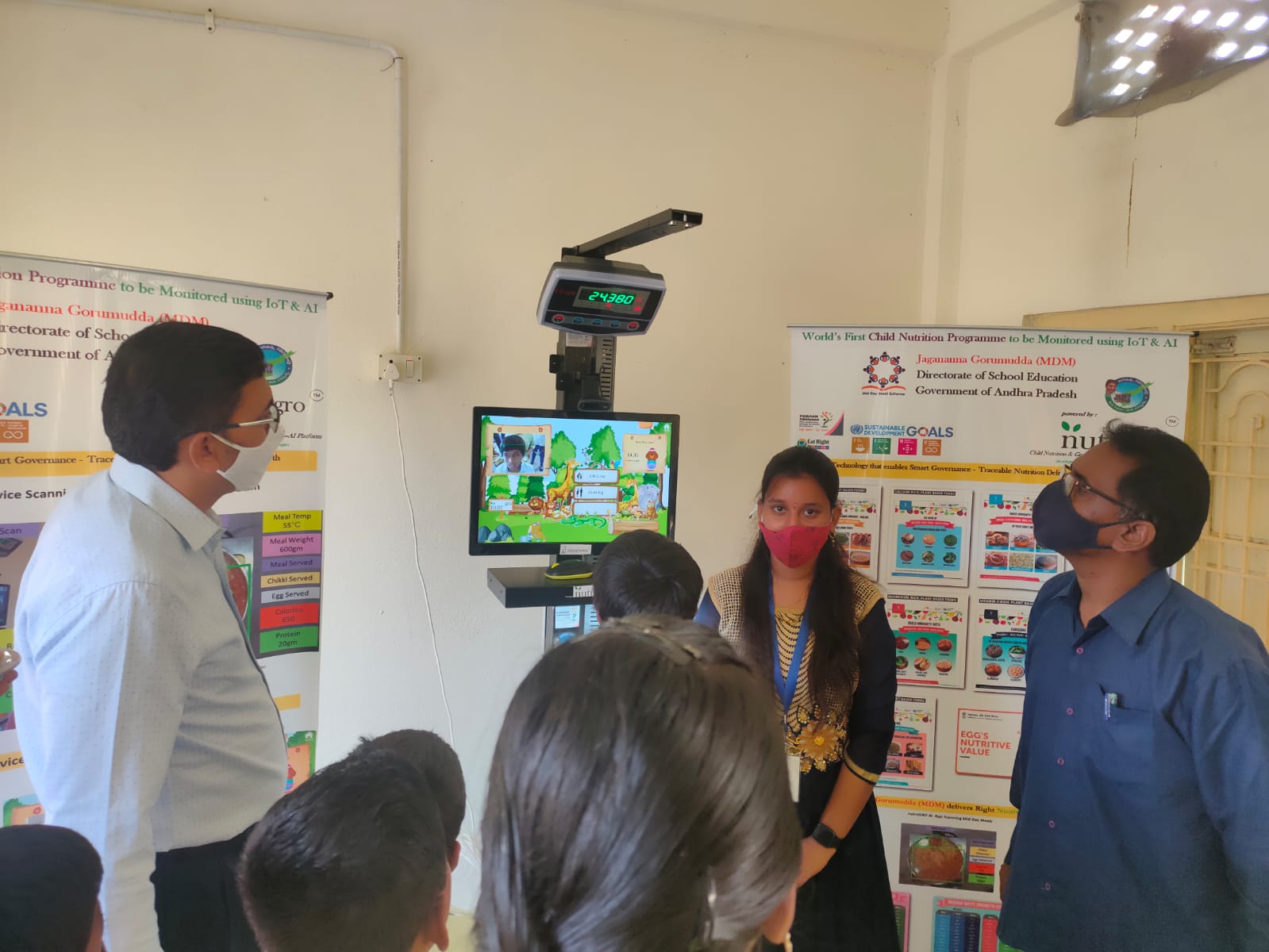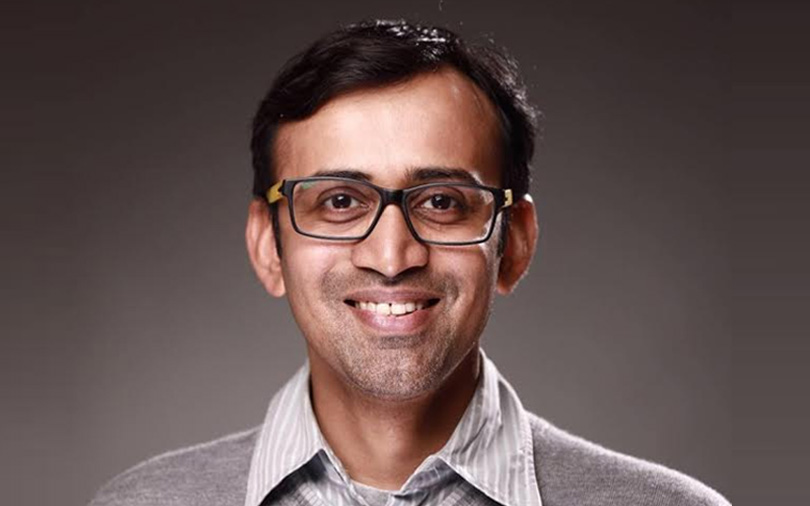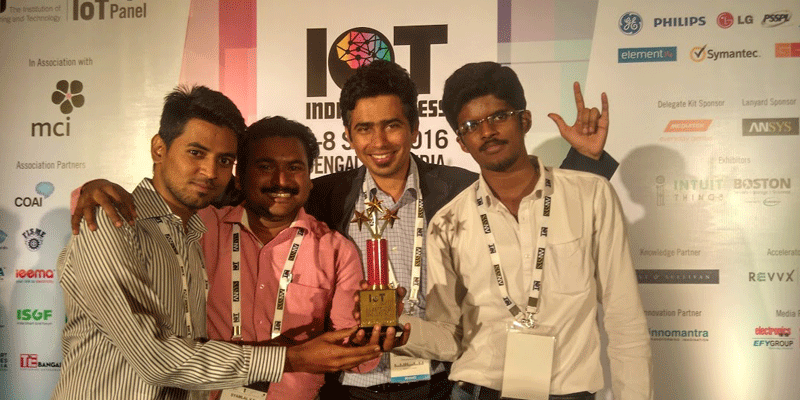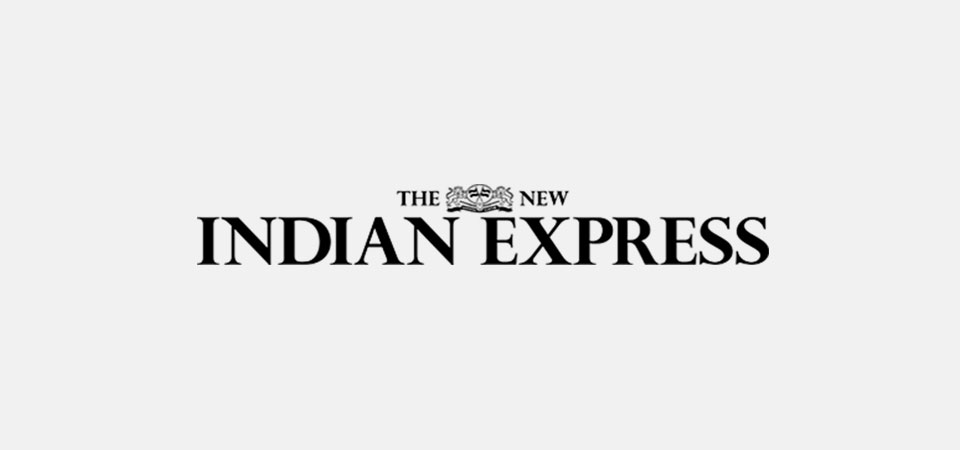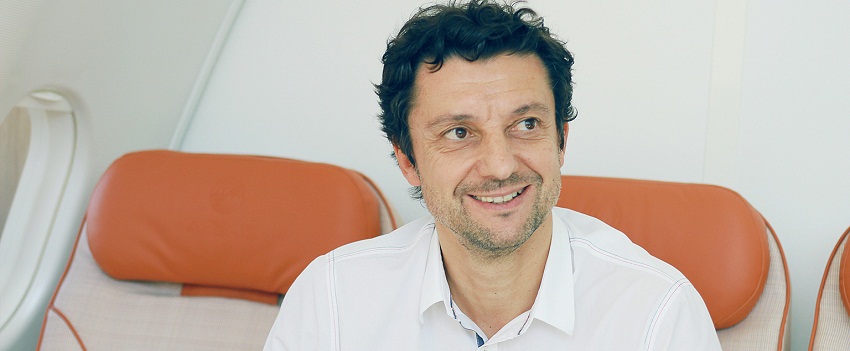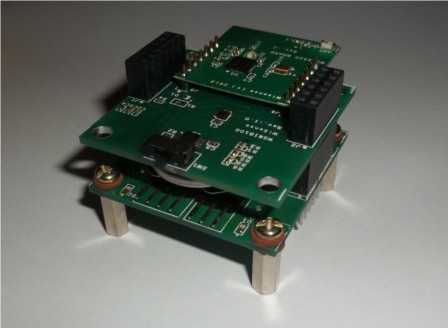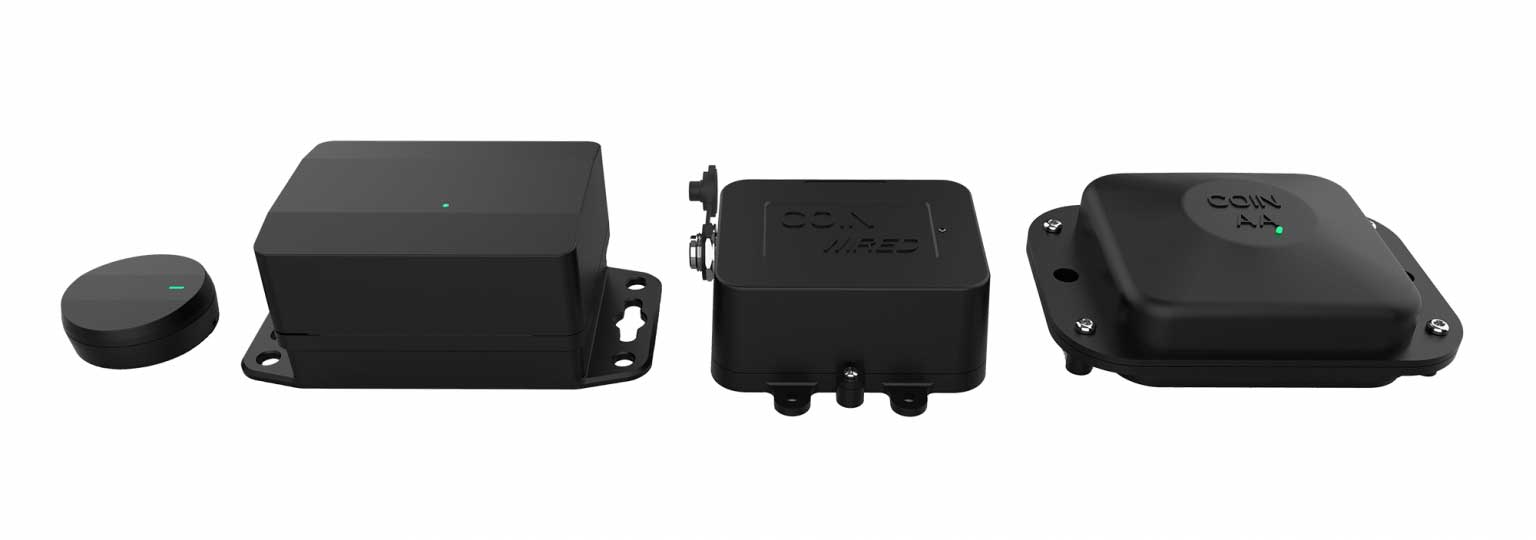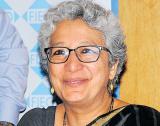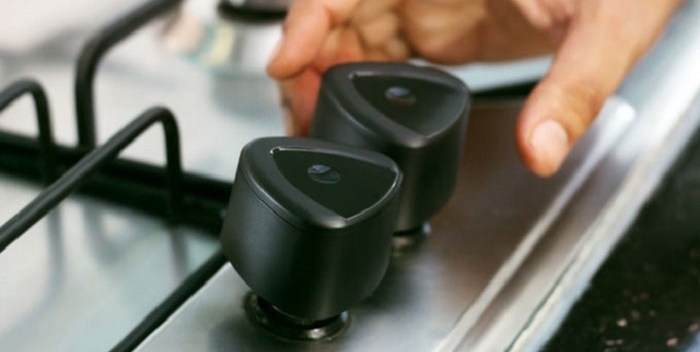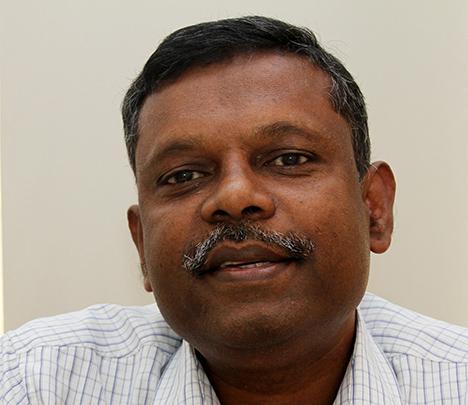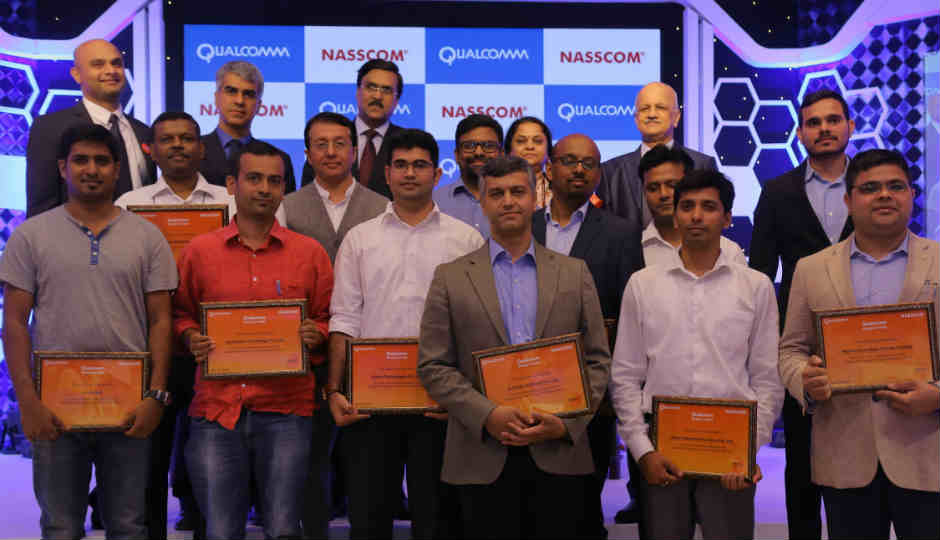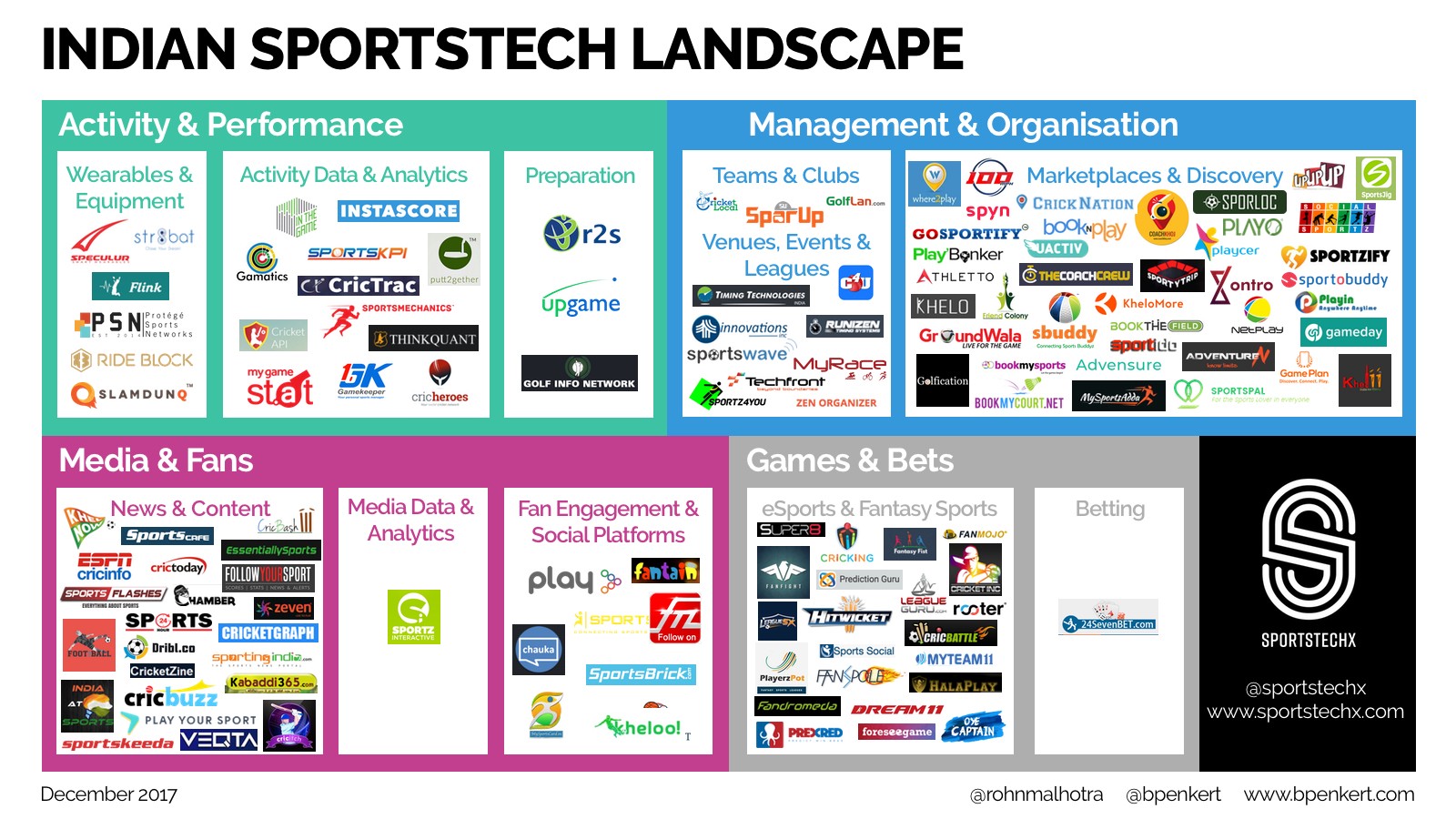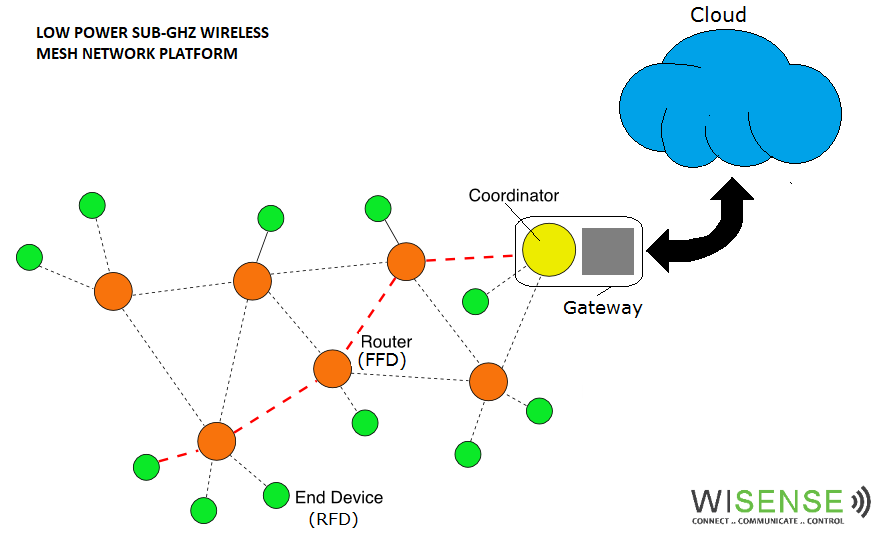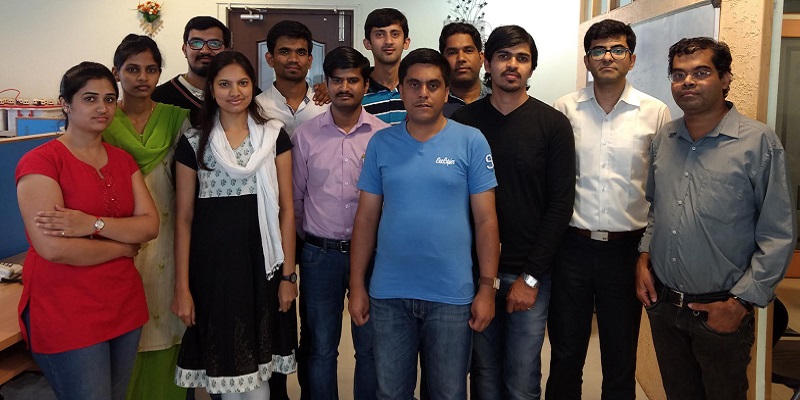
Cardiotrack is a B2B healthtech platform that helps primary healthcare centres diagnose and capture heart health data for their patients.
Their 30-year age gap may make them seem like an unlikely duo, but Avin Agarwal and Ashim Roy work well together. Having met while volunteering at a group of NGOs in 2012, they got to discussing healthcare and the lack of diagnostic capabilities at primary health centres (PHCs).
Prior to their serendipitous meeting, Avin had worked in India and the Netherlands for over 10 years, while Ashim had over three decades of experience in Australia.
The beginnings
His passion for healthcare led 33-year-old Avin to speak to several researchers at St John’s Research Institute, Bengaluru. Having gained an understanding of the problems they faced, he began considering the possibility of addressing the gaps through a startup of his own.
Together with 63-year-old Ashim, he came up with the idea of Cardiotrack, which develops robust and clinical-grade diagnostic equipment that is affordable and easily portable. They started up in Bengaluru in February 2014 but moved their headquarters to Singapore a year later.
It was when they began working on Cardiotrack that they realised that not just equipment but data needs to be portable too. It was then Ashim’s idea to create a healthcare IoT platform.
Cardiotrack, in its current avatar, allows primary care physicians to perform heart health checkups and share the information with specialists, especially in cases where immediate intervention is needed. “This helps primary care physicians reduce the time and cost of getting a clinical diagnosis and start the intervention process before the patient gets to see a specialist, who may be miles away,” says Ashim.
Workings of the platform
Using sensors that provide the complete 12-channel diagnostic grade, the physician captures patient information at the PHC. ECG is also integrated with sensors to monitor blood oxygen saturation and blood pressure.
This information is displayed on a phone or tablet that analyses and stores the patient’s diagnostic reports for easy reference and can be shared with a specialist for the next level of intervention. Patient records are securely saved in a cloud server for future use.
Courtesy- Yourstory
Related posts
Reliance’s Unlimit, IBM collaborate to power IoT innovation in India
What Lies Ahead For India’s High-Potential Clinical Trial Market?
Say hello to #LHIF
Transforming Sports Gear into Smart Devices to Deliver Real-Time Analytics
Qualcomm Announces Top Eight Finalists for Cycle I of Qualcomm Design in India Challenge II
Qualcomm selects three startups for $100K design prize
Exclusive: Former Snapdeal exec Anand Chandrasekaran backs Uncanny Vision
This IoT startup plugs holes in your leaky bucket
Portable ECG device helps save lives in rural areas, reduces cost for patients
Working In Hazardous Conditions? Worry not, IoT Comes To The Rescue
LHIF Report Nov 2018
Data-driven insights for an improved game on the cricket field
4 Bengaluru startups will work with Airbus to shape the future of aerospace
WiSense: engineering veterans provide a platform for Internet of Things ideas
Nestle picks up SilverPush and IotPot for its ‘next big project’
Oh Baby! Deep Technology Learns To Rock
AI for an Eye Makes The World Better For The Visually Impaired
Avanijal’s app irrigates fields while helping farmers save water and sleep!
IoT India Congress recognises top three IoT focussed thought leaders and Start-up in India
SenseGiz-A vision to make the world appreciably productive, safer and secure place to live in!
IoT industry should have common standards: Teaotia
A Billion Dollar Market – India’s Health Insurance Market Is At A Precipice Of Change
SeeHow Announces Smart Cricket Coaching System in Partnership with Rx Cricket Academy
Baby Steps Towards A Better Future
Cardiotrack partners with Columbia Asia Hospitals to provide AI-based solutions in cardiac care
Driving Digital Awakening Across Enterprises Today
Villgro funds agri start-up GRoboMac
Medtech takes centre stage at AIRmaker’s new batch of 8 IoT startups
Cardiotrack collaborates with iMMi Life for cardiac care
Get Set, Co-Create: This Startup Is On The Fast Lane To Innovate With Mercedes’ Startup Autobahn
STR8BAT gives INSTANT, VISUAL and ACTIONABLE IN-SIGHTS, HELPING PLAYERS PLAY BETTER EVERYDAY
This Bengaluru techie-turned-farmer has made India’s first agri-tech robot to battle farm labour shortage
Here Are 3 Startups From India You’ll Want To Watch In 2017
BFSI – Strategy Innovation Group (BFSI-SIG)
Your Local APMC-Mandi Just Got Smarter
The Evolution of Bluetooth: From Entertainment To Smart Buildings
Universal Healthcare- Digital Propulsion 30th April 2019 at Shangri La’s Eros Hotel- Delhi
Hardware startup Sensegiz catches fancy of KARSEMVEN, raises $500,000
How Industries & Innovators Can Leverage The Power of Digital Technology in Manufacturing
IoT Pot plans to take cooking Knob to US
GE Healthcare India Edison[TM] Accelerator: The first-ever global startup collaboration program!
Here comes the Robot Reaper
Qualcomm to announce tech startup winners of $100,000 Design in India challenge today
From Womb To Cloud: This Startup Is Monitoring Maternal Health Using Smart Wearables
Overview of the Indian #sportstech landscape
When All Else Fails, This Internet Network Can Bail You Out Of A Crisis
Nasscom Discussion
Latest News
Recent Posts
- From Industries to Public Services: AI Innovation Challenge Bridges Tech and Real-World Impact July 10, 2025
- The Future of Incubation: What the Next Generation of Startup Support Looks Like April 29, 2025
- The Impact of AI in Healthcare April 22, 2025
- The Evolution of AI & Industry 4.0 – What’s Next? March 26, 2025
- Disrupting Supply Chain Management: Meet Startups Driving Innovation March 17, 2025


